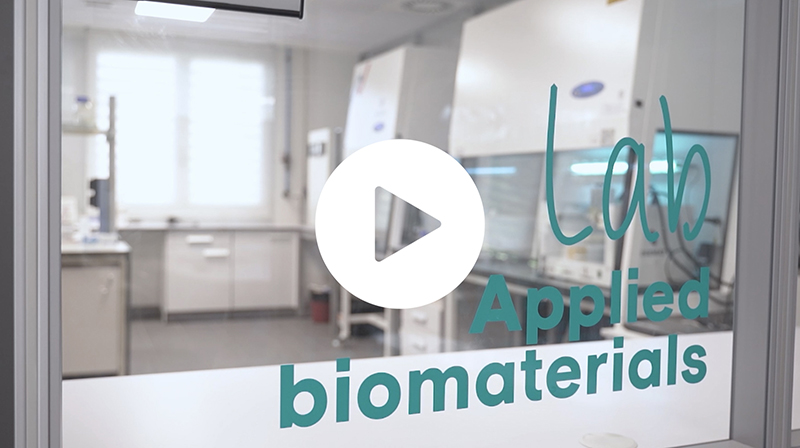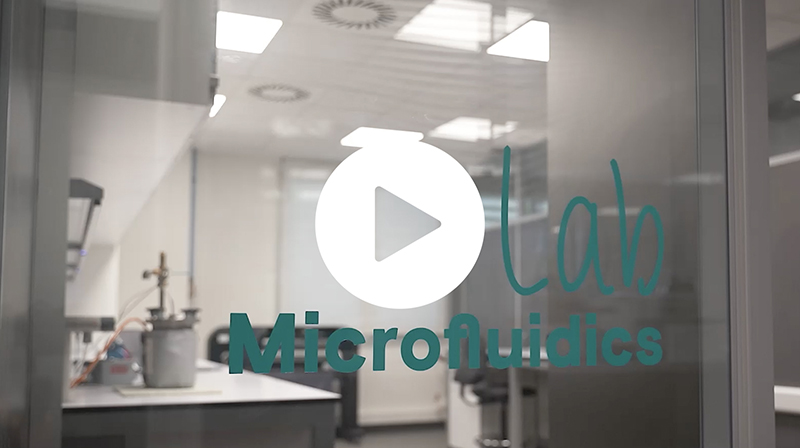New biomaterials and microfluidics laboratories
Leartiker has recently established two new laboratories dedicated to research in microfluidics and biomaterials for regenerative medicine. These advanced facilities, spanning approximately 60 m2, are equipped with cutting-edge technology. This will enable our technology centre to further enhance its expertise in Polymer Technology, specifically within the healthcare sector.
This initiative was facilitated by a grant awarded to the technology centre at the beginning of the current academic year. The grant, part of the 2023 Technology Transfer Programme of the Provincial Council of Bizkaia (DFB), enabled the establishment of facilities for research, testing, and experimentation.
From scientific results to clinical practice
The new laboratories are crucial for our R&D&I activities, enabling us to generate knowledge and facilitate the translation of scientific results into clinical practice. Our goal is to develop innovative and less invasive solutions for disease prevention and treatment. Additionally, these facilities will support the advancement of various individual research projects as well as collaborative projects involving consortiums across different regions.
Regenerative medicine: personalisation and new opportunities
Our research focuses on the development of biomaterials to support recent advances in tissue engineering and cell therapies. Key areas of focus include:
- Manufacturing various biological tissues, utilizing advanced technologies such as 3D printing and compounding.
- Developing 3D tumour models with different mechanical properties to study their effect on cancer progression.
- Creating microgels to enhance the therapeutic efficacy of cell therapies.
This research aims not only to achieve significant breakthroughs in biomedicine but also to contribute to a future where treatments are more effective and personalized

Microfluidics: diagnostic and organ-on-chip devices
Microfluidics makes it possible to manipulate small volumes of fluids at a microscopic level, which is essential for developing diagnostic (PoC) and organ-on-chip (OoC) devices. During both the prototyping and production phases, the microfluidic laboratory specifically designed for this technology allows us to develop microfluidic devices for use in different applications.

By setting up these laboratories, we are reaffirming our commitment to innovation and development in the field of biomedicine, keeping in line with current clinical demands and emerging trends.

“Biomedical Engineering Laboratory. Tissue engineering laboratory and organ-on-chip laboratory infrastructure” project, file 6/12/TI/2023/00006, subsidised under the 2023 Technology Transfer programme - Line 2: Grants to set up facilities for research, testing and experimentation.

